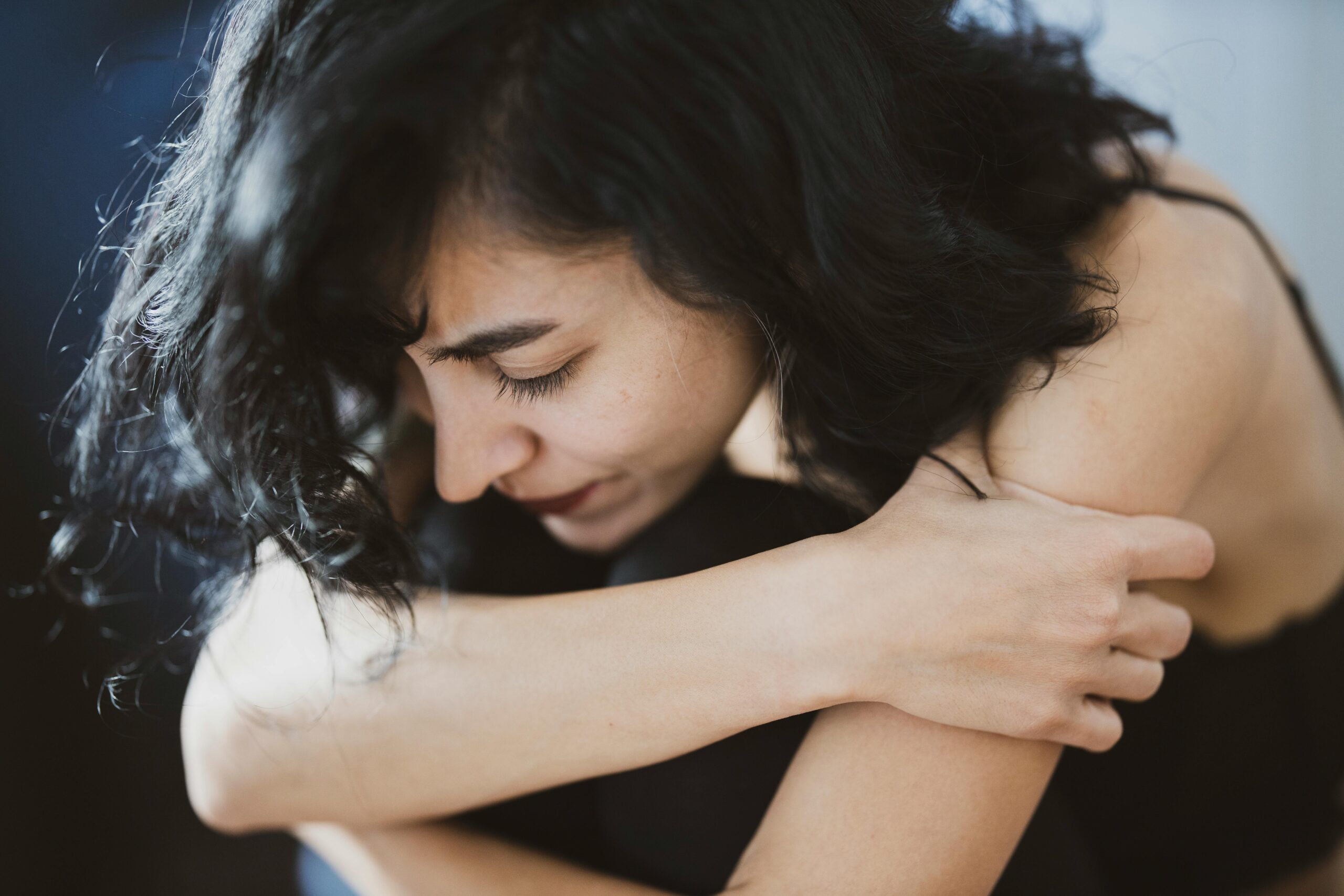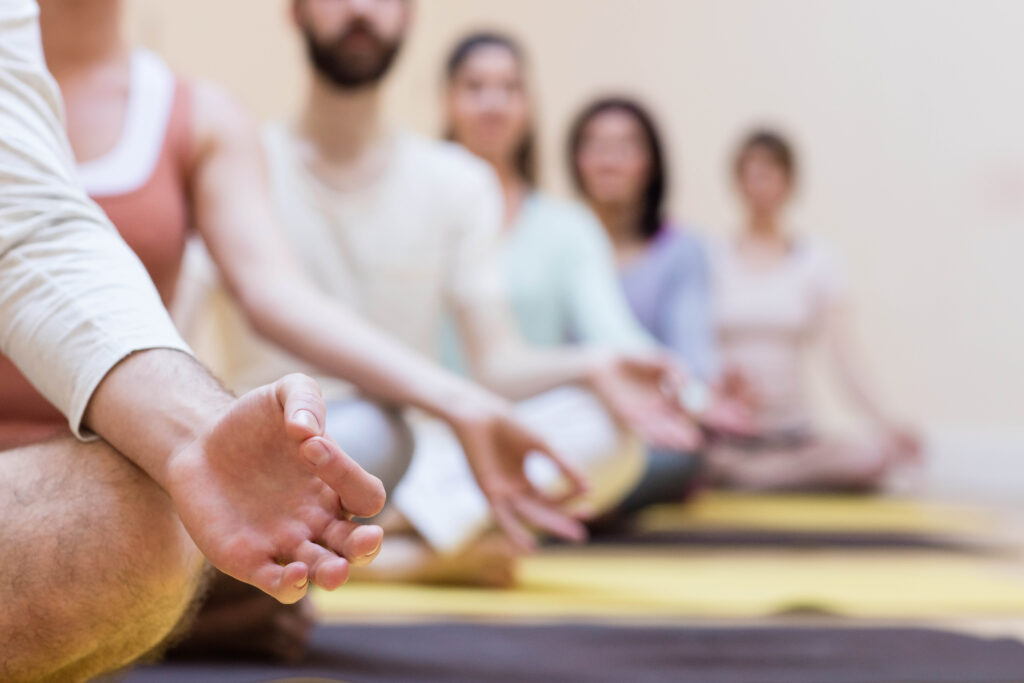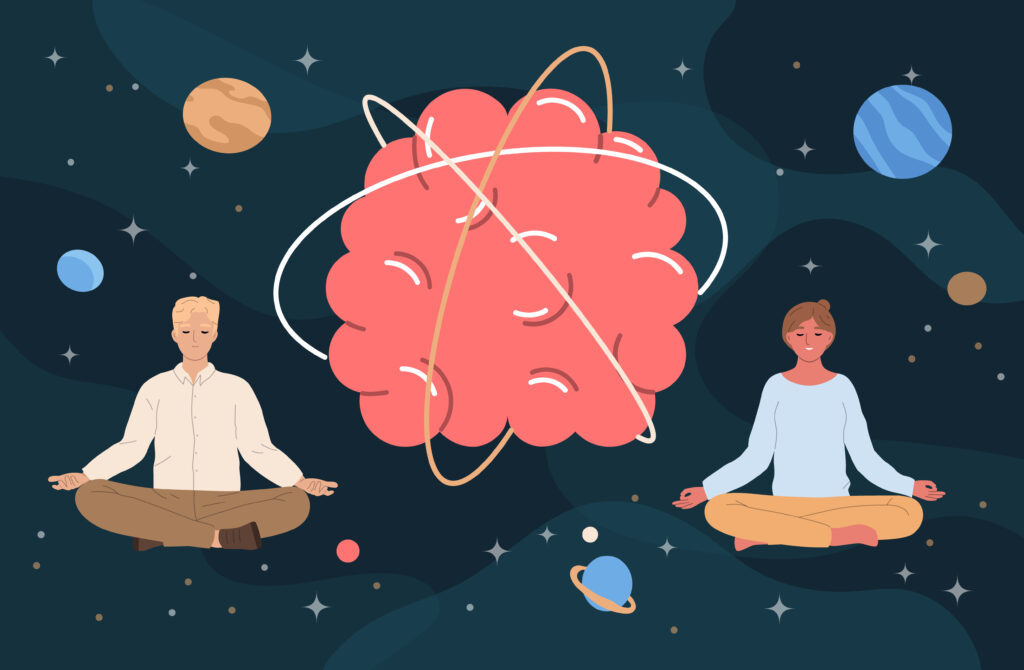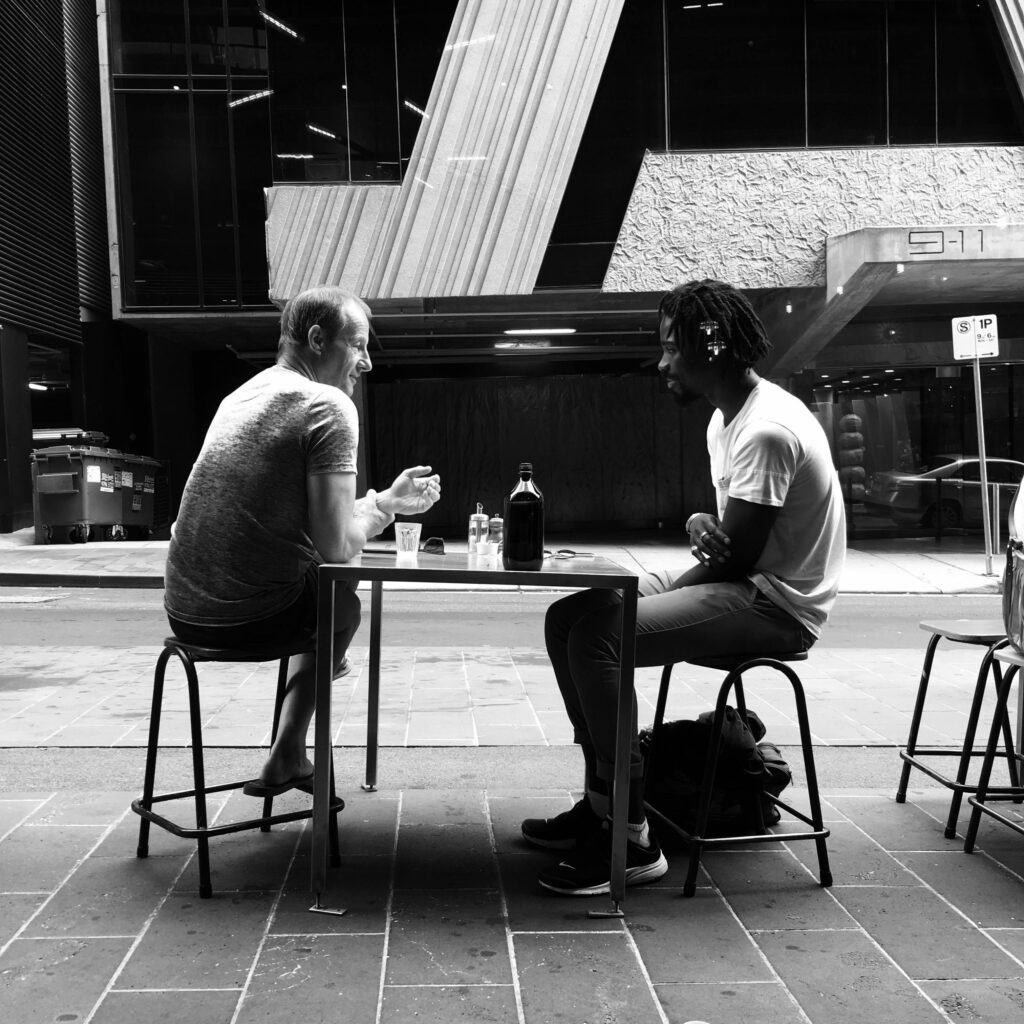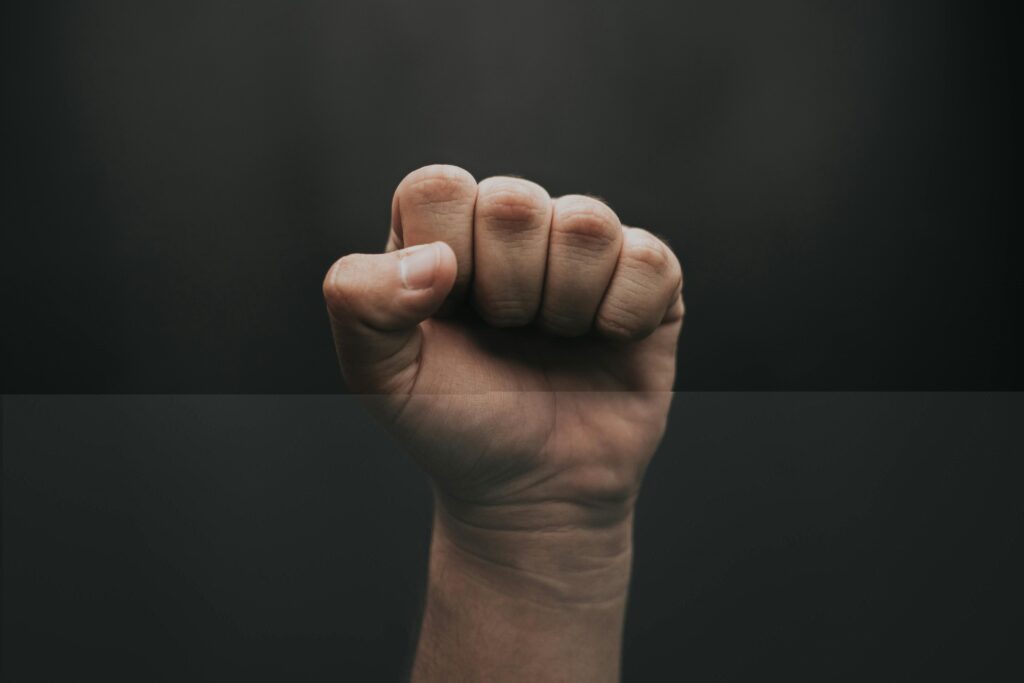Receiving a cancer diagnosis is an earth-shattering experience on its own. Add to that the constant poking of needles, patiently holding still for scans, and waiting for test results, and it’s easy to see how these experiences can take a toll on your emotional and psychological well-being. While the illness manifests on a physical level, the true battle is much deeper. It’s not just the body that’s impacted; your whole being walks this path. Post-Traumatic Stress Disorder (PTSD) is a very real side effect of cancer treatment
I vividly remember my reaction to a simple word my yoga teacher used during meditation, a word that triggered old fears and physical sensations. She said: “Scan your entire body!” Even years after my diagnosis and treatments, certain words, images, and even smells take me back to that hospital environment— a time in my life when everything felt out of control like my world was spinning and I had nothing to hold onto. While medical staff tried to be compassionate and supportive, they were not walking this journey with me—I was.
The term PTSD is often associated with military soldiers returning from combat, having experienced violence. But facing a life-threatening diagnosis is, in many ways, the beginning of a different kind of battle. The violence comes in a different form, through invasive and aggressive treatments like chemotherapy, radiation therapy, and surgery. Surgery, in particular, disrupts the body’s internal energy. Our bodies were not meant to be opened or poked—if they were, we would have been made with doors and windows like a house. A body needs harmony and peace to function in a healthy way.
When I reacted to my yoga teacher that day, I realized that my scars—both physical and emotional—had not fully healed. I needed to give myself more time and care to find peace within my body.
I began paying closer attention to my daily thoughts: What thoughts had become a permanent part of me? Were they fearful, filled with worries about my body? Did I fear losing my loved ones to disease or tragedy? How could I quiet these thoughts and reach a more peaceful mind?
Having a regular meditation practice and calming my mind through breathwork helped to some extent, but I realized that these thoughts had taken root over time, and I needed to dig deeper. I began reframing my visits to the doctor and follow-up tests. Instead of recalling past fears, I started reminding myself that I was in control of this journey. I now approach every appointment as a step toward healing. If I stay home and avoid appointments, I risk the possibility of the disease returning. But by showing up, I am choosing to take charge and do what I can to help my body.
I also allowed myself to talk openly about my journey in safe spaces, with friends and support groups who were ready to listen. Every time I shared my story, I felt I healed a little more. I stopped hiding my fears—about the future and even the present. I let go of the guilt I felt for surviving when some of my friends had not. I accepted that this journey is uniquely mine.
While the medical staff focused on the physical aspects of my recovery, I knew it was crucial to address my emotional and psychological well-being as well.
Returning to my regular routine wasn’t easy. I felt lost. I had been away on a long, transformative journey, and now everything felt different. How could I return to the life I had known? The word “normal” didn’t quite fit anymore. I had to create a “new normal” for myself, carrying this new set of experiences into this next phase of life. I knew time would allow me to gradually figure out the steps to recovery.
I also realized I had to be more flexible than ever before to deal with my new mental state. My mind, which needed more attention and care than before, had to be treated gently. I needed to be kind to myself as I helped my mind heal. Consistency and discipline became important as I worked to establish a new routine. I realized that my body was no longer the same as it was before cancer treatment. What I had once been able to do, physically, was no longer possible. Shorter exercise routines, fewer social gatherings, and carving out solitude for self-care became my new normal.
I stayed in touch with fellow cancer patients who were going through similar treatments. I didn’t want to mask the reality of my experience but wanted to face it in a healthier way, with a fresh perspective. I no longer wanted to feel anxious every time the phone rang from my doctor’s office or when I approached a hospital building.
Meeting with some of my cancer recovery friends once a month reminded me that I wasn’t alone in my thoughts or feelings. I just had to be more mindful and not feed into the negative narratives my mind wanted to create.
I know that healing takes time, and the journey is a roller coaster of emotions. PTSD symptoms may stay with me for the rest of my life, but how I react to them is what matters most. I accept them with love but refuse to give them the power to control me. My PTSD is a real struggle, but healing is possible, and I will not give up on my mind.
Nameste,
Shab

